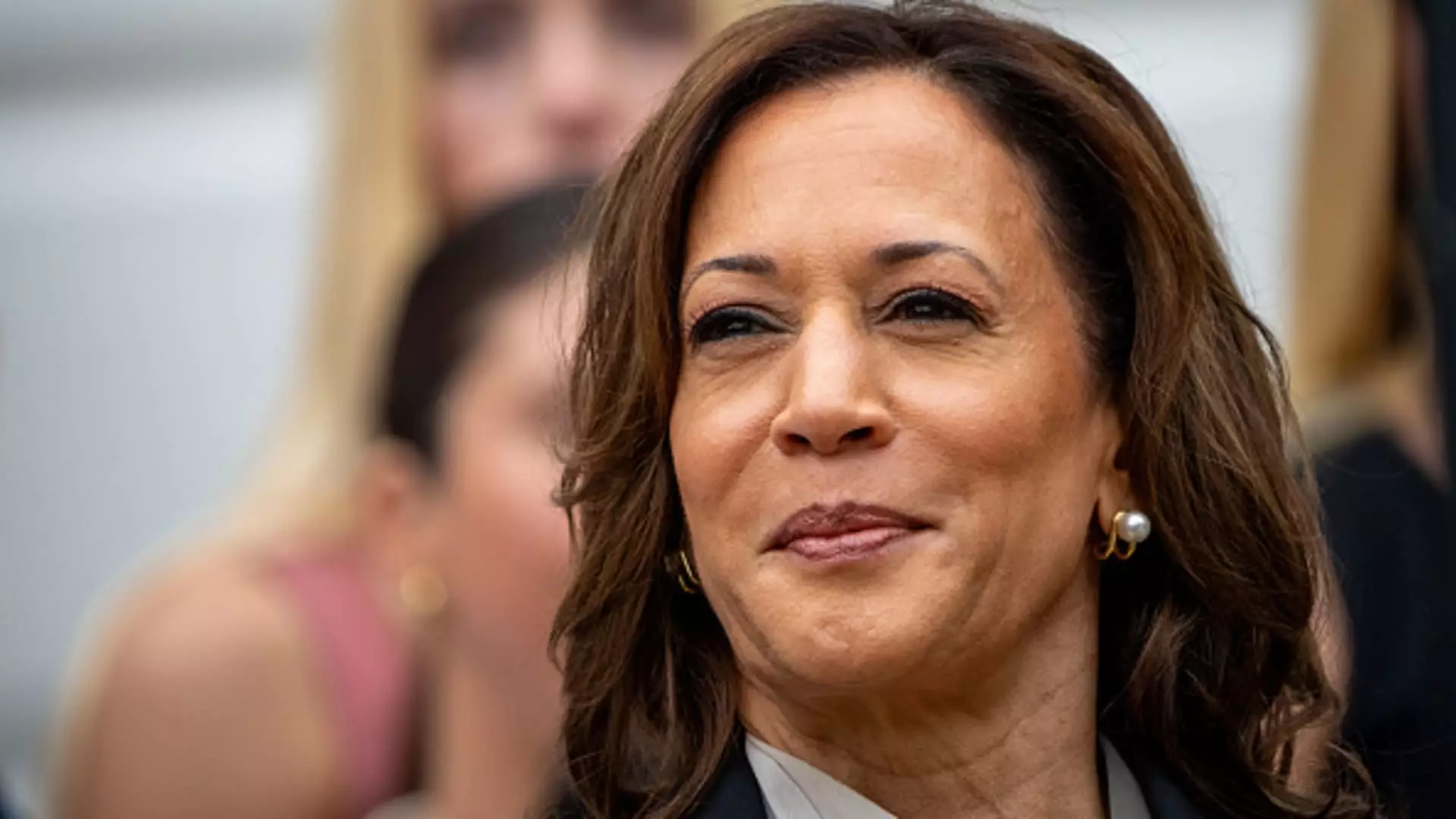In a potential Harris administration, there would be a significant shift in the approach to small business growth and competition within large industries. Maryland’s Democratic Gov. Wes Moore highlighted the importance Vice President Kamala Harris places on supporting small businesses and fostering a competitive environment for large industries. This pro-growth, pro-competition stance would represent a departure from the aggressive trust-busting and merger-skeptical principles of the current Biden administration.
The emphasis on prioritizing small business growth and encouraging competition among large industries under a Harris administration signals a departure from the current regulatory agenda. Moore emphasized the need for different philosophies and visions in addressing the economic challenges faced by the country. This shift in approach reflects the evolving dynamics and priorities that require a fresh perspective on antitrust and regulatory policies.
The expressed views of Democratic megadonors and Wall Street dealmakers reveal optimism about a potential Harris administration’s stance on antitrust regulation. While rooted in progressive economic traditions, there is speculation that Harris may deprioritize aggressive antitrust measures implemented during Biden’s presidency. The lobbying efforts to replace key regulatory figures suggest a growing belief that Harris could adopt a more lenient approach to big business regulation, particularly concerning mergers.
As Harris shapes her policy platform, there is anticipation about how her corporate rhetoric will translate into governance if she secures the presidency. While echoing some of Biden’s sentiments on regulating businesses, Harris has also articulated a commitment to addressing price gouging and reducing hidden fees that burden consumers. The corporate community awaits clarity on how Harris’s regulatory priorities would align with her campaign promises and broader economic policies.
Despite Harris’s early campaign efforts and public statements, the specifics of her governance approach and regulatory agenda remain uncertain. With evolving economic challenges and shifting priorities, the impact of small business growth in a potential Harris administration raises questions about the future direction of antitrust and regulatory policies. As Harris continues to refine her policy platform, stakeholders across sectors await clarity on how her administration would navigate the complex landscape of competition, regulation, and economic growth.
Vice President Kamala Harris’s commitment to prioritizing small business growth and fostering competition within large industries presents a unique opportunity to redefine antitrust and regulatory policies. The potential shift in approach towards a pro-growth, pro-competition stance reflects a broader evolution in economic ideologies and priorities. As the landscape of business and regulation continues to evolve, the influence of small businesses, large industries, and regulatory dynamics will shape the trajectory of future economic policies under a Harris administration.


Leave a Reply